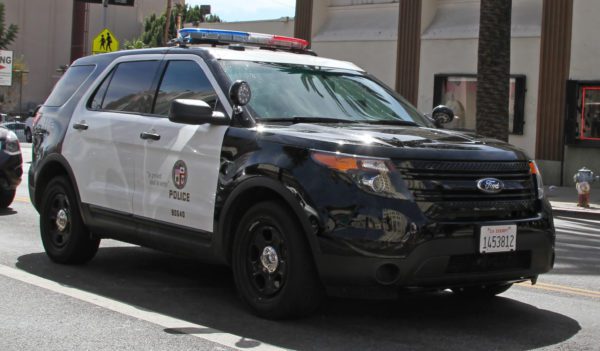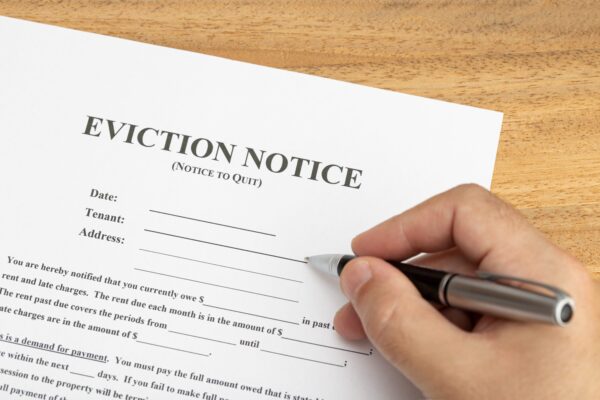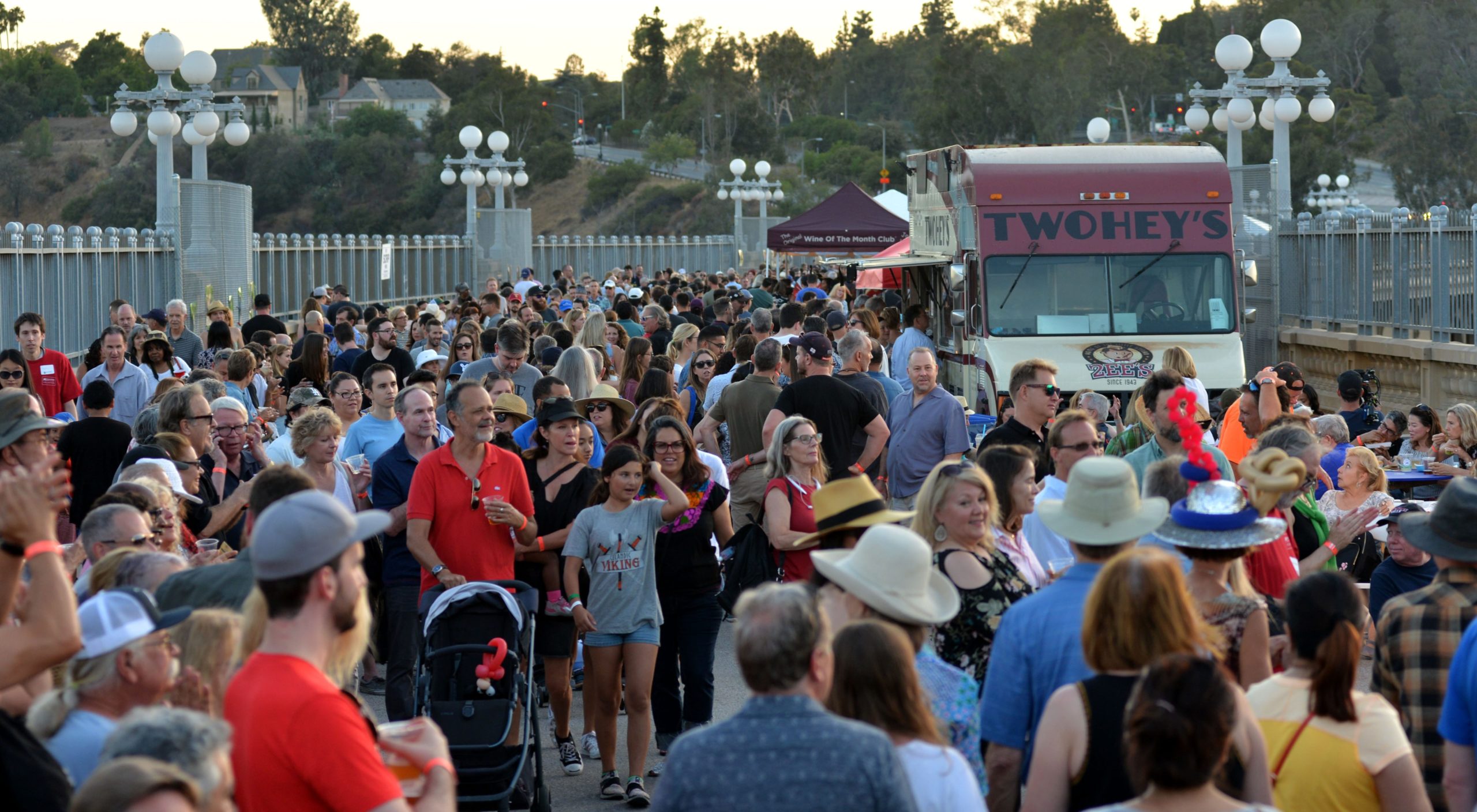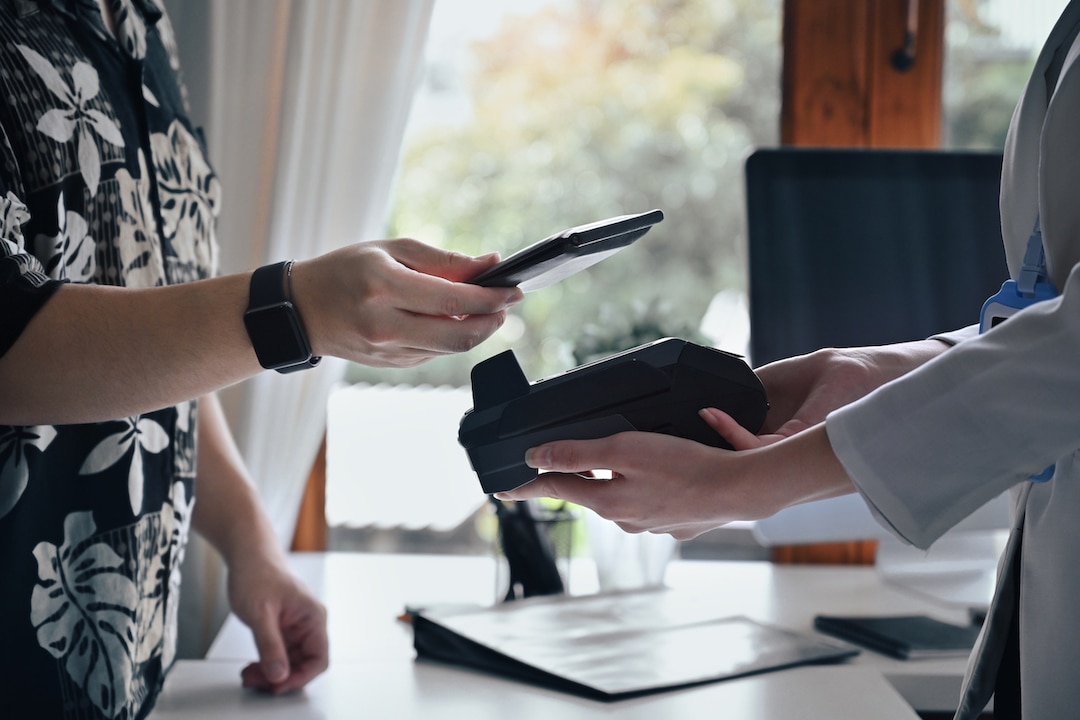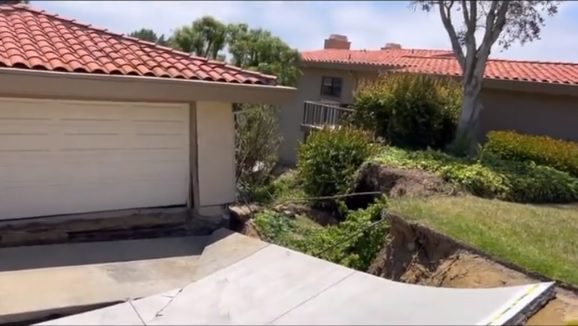By Jose Herrera
The Los Angeles Police Department’s various unarmed response programs are able to handle just one-third of the mental-health calls the LAPD receives, and the department needs additional staffing to improve in that area, according to a report heard Tuesday at a meeting of the Police Commission.
During the meeting, LAPD officials provided commissioners with an overview of the department’s unarmed response programs, which address an array of nonviolent calls for service including mental-health crises, calls related to unhoused people, well-being checks, noise complaints and verbal disagreements.
The report called for the city to hire more staff related to the department’s unarmed models.
According to the report, the LAPD’s unarmed response teams handled 10,918 calls for service out of 31,923 mental health-related calls dispatched between January 2021 to July 31 2022.
Between August 2022 and May 31 of this year, the LAPD’s unarmed response teams handled 5,173 calls for service out of 18,762 mental health related calls dispatched.
The LAPD primarily uses four unarmed response models — the Mental Evaluation Unit; the Didi Hirsch Mental Health Services Program; Crisis and Incident Response through Community-Led Engagement, or CIRCLE; and the Community Online Reporting System, which provides a time-saving alternative for the public to file crime and traffic reports.
The department’s MEU team works in partnership with the county’s Systemwide Mental Assessment Response Teams, which are led by the Department of Mental Health.
The report called to expand the number of MEU SMART officers from 52 to 84, and to increase the number of clinicians from 23 to 50.
If the department is successful in expanding its MEU SMART teams, it would allow for the deployment of 24 units, the report says.
“At current staffing levels, SMART is unable to effectively handle every call for service involving a person dealing with a mental health-related crisis,” the report says. “The proposed expansion will allow for MEU SMART to handle most, if not all, of these calls for service.”
The report further noted that the department’s four unarmed response models have “significantly reduced the need for armed response by department patrol officers to a variety of situations involving persons experiencing mental illness and homelessness.”
The report comes about two weeks after the LA City Council approved more than $10 million to execute contracts with three service providers that will respond to certain non-violent emergencies rather than armed police, and implement the city’s Unarmed Crisis Response Pilot Program.
According to city documents, the intent of the pilot program is to implement an unarmed crisis response model that would eventually operate citywide 24 hours per day, 365 days per year.
The three service providers will respond to nonviolent 911 calls, such as mental health, substance abuse, suicide threats, behavioral distress, conflict resolution and welfare checks.
According to a report from Matt Szabo, city administrative officer, the Unarmed Crisis Response Pilot Program will utilize the LAPD dispatch system to receive calls. The program’s service areas will be established along service areas within LAPD Area Division boundaries.
The pilot program will operate in the following service areas:
- Alcott Center for Mental Health Services in West LA;
- Exodus Recovery in Southeast LA, West LA, Newton, Northeast LA, Rampart; and
- Penny Lane Centers will cover Devonshire, Mission, Van Nuys, North Hills.
In addition, the council further directed the city administrative officer to extend a request for proposals for additional service providers to apply and possibly expand the city’s Unarmed Crisis Response Pilot Program.

